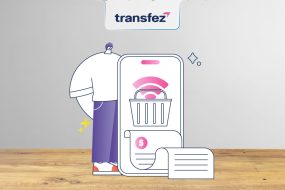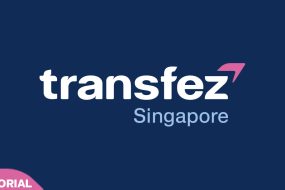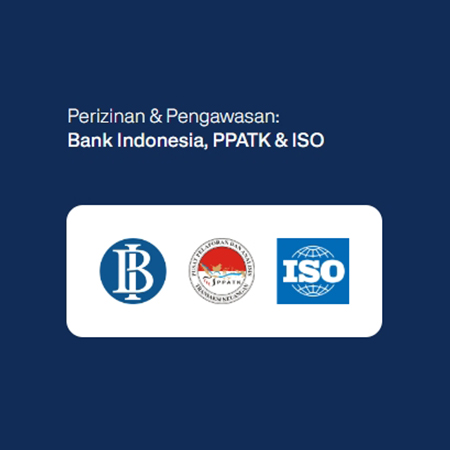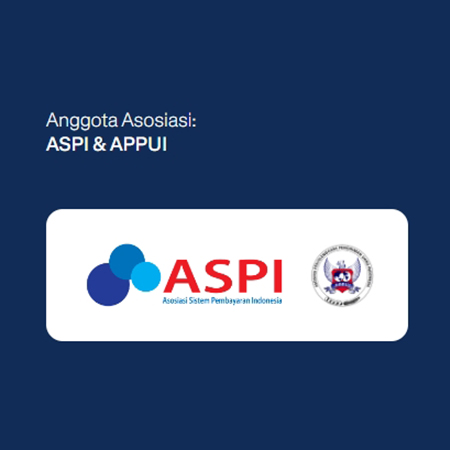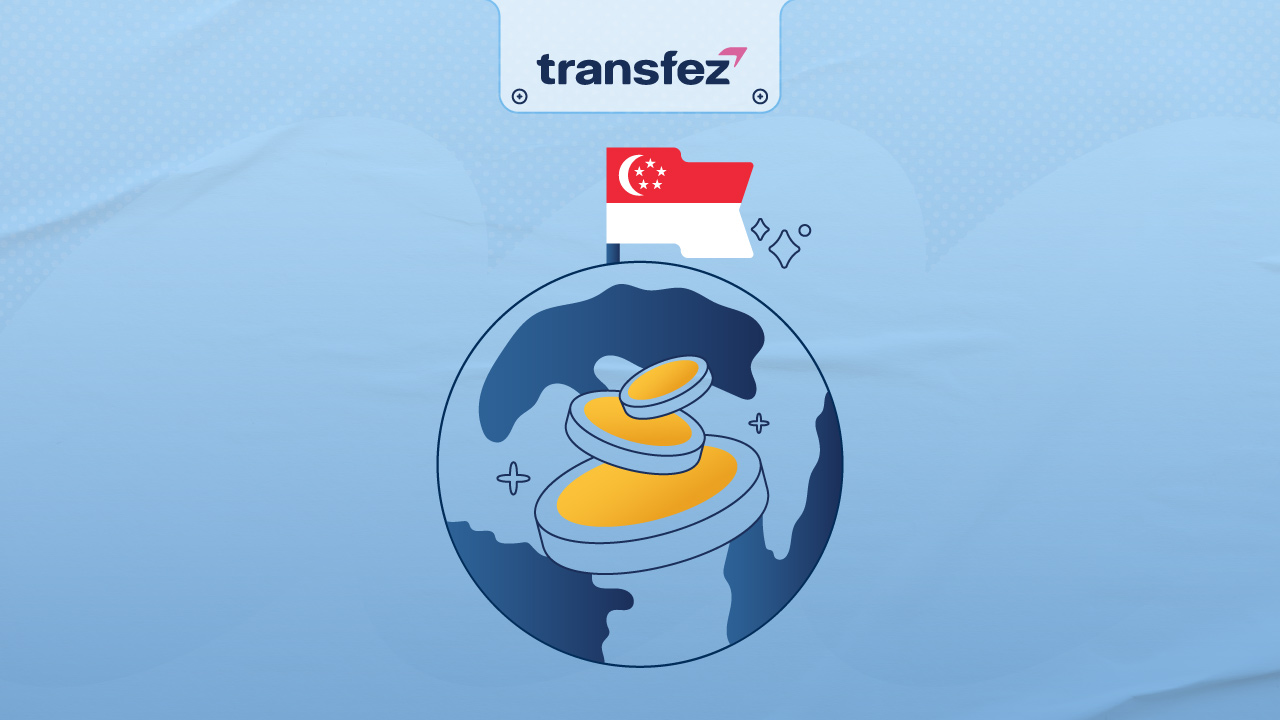
For Indonesian Migrant Workers (TKI), officially known as Foreign Domestic Workers (FDW) in Singapore, it is difficult to find accurate and realistic data on the cost of living for TKI in Singapore 2025. The majority of living expenses are borne by the employer, but personal expenses are often overlooked or misunderstood.
If you don’t know exactly where your salary is going, you risk mismanaging your finances. Ignoring the details of personal costs can make it difficult for you to save, unclear how much you should be saving, and hinder your goal of supporting your family back home.
This article is your complete guide. We will dissect the cost of living for TKI in Singapore into two clear categories (employer-borne costs vs. personal costs), provide a realistic budget breakdown, and present concrete strategies for saving on personal expenses, especially on communication and remittance costs.
Understanding the Cost Structure for TKI in Singapore (Employer vs. Personal)

The cost of living structure for TKI in Singapore is very unique and different from other foreign professionals. Strict rules from the Ministry of Manpower (MOM) divide the cost responsibilities between the employer and the worker. Understanding this separation is key to calculating your potential savings.
Mandatory Costs Borne by the Employer (Excluding Salary)
These costs are the employer’s obligation and should not be deducted from your salary:
- Accommodation and Food: The employer is required to provide decent accommodation (a bedroom) and adequate food for free. If food is not provided, the employer must give an equivalent food allowance.
- Medical Costs & Insurance: The employer is required to cover all basic medical expenses and purchase mandatory insurance: Personal Accident Insurance and a Security Bond to MOM. The worker does not need to cover these costs.
- Contract and Levy: The levy fee (tax for foreign workers) and recruitment agency fees in Singapore are borne by the employer.
Personal Costs (Mandatorily Borne by TKI/Worker)
These are the costs you must manage from your own salary. The two biggest expense items here are communication and money transfer.
- Communication: Costs for data plans and top-ups. This is a vital expense for staying connected with family and friends.
- Remittance (Money Transfer): Transfer fees and exchange rate spreads for sending money to family in Indonesia.
- Personal Needs: Soap, shampoo, detergent, cosmetics, and other personal items.
- Transportation (Optional): MRT/Bus/Taxi costs for personal purposes outside of work, such as during a rest day.
Read Also: Comparison of Costs and Speed for Money Transfer to Indonesia: Which is the Most Profitable?
Breakdown of TKI Personal Expense Budget Per Month (Estimate 2025)
Although the basic salary for an FDW in Singapore varies (starting from S$600 and up, depending on experience and skills), the following budget assumes standard personal spending per month in 2025, which you must manage from your salary.
| Expense Category | Details | Estimated Monthly Cost (SGD) |
| Communication & Internet | Prepaid SIM card data plan. | S$25 – S$40 |
| Remittance (Transfer Fee) | Flat fee for 1–2 money transfers to Indonesia (using cheap fintech). | S$10 – S$15 |
| Personal Needs | Soap, shampoo, toothpaste, detergent, mild medication. | S$30 – S$50 |
| Personal Transportation | MRT/Bus costs on rest days (going to the city center or meeting friends). | S$20 – S$40 |
| Entertainment & Social | Eating out on rest days, buying snacks, or social gatherings. | S$50 – S$100 |
| Total Estimated Personal Costs | S$135 – S$245 |
Based on this analysis, the total cost of living for TKI in Singapore per month (purely personal costs) is in the range of S$135 to S$245. The remainder of your salary is potential savings that you can send to Indonesia.
Effective Strategies to Save on TKI Living Costs in Singapore for Remittance & Communication
The biggest savings don’t come from cutting the cost of soap, but from managing the two largest items: Remittance and Communication.
A. Remittance Strategy (Biggest Savings)
- Choose Flat Fee Fintech: Always use a legal remittance platform (MAS-licensed) that offers a low flat fee instead of an expensive percentage fee.
- Optimal Transfer All at Once: Apply the strategy of sending money to family in Indonesia once a month (a large amount at once) to reduce the frequency of the fee.
- Check Rate (Mid-Market Rate): Always use the application to save on monthly money transfer fees by choosing a platform that gives the rate closest to the mid-market rate.
B. Communication and Internet Strategy
- Choose the Right Data Plan: Utilize long-term prepaid SIM cards that offer large quotas at a fixed monthly price (e.g., S$15–S$30). Avoid using top-up credits for international calls.
- Use WiFi: Use public WiFi when in the city center, MRT stations, or community areas on your rest day to reduce data usage.
Read Also: Maid Salary in Singapore 2025: Complete Breakdown of Costs, Minimum Wage, and Contract
Mandatory Employment Rights and Information (MOM)
It is crucial for TKI to know their rights, as these costs are entirely borne by the employer.
Rest Day Rights
- Mandatory Rest: Every FDW is entitled to a minimum of one full day off per week.
- Work Compensation: If you agree to work on your rest day, the employer is required to pay agreed-upon cash compensation. This is your right and is not part of the primary maid salary in Singapore.
Insurance and Medical Costs
The employer is required to cover all insurance costs (accident and security bond) and basic medical expenses. You do not need to worry about these costs.
Salary and Contract
- Timely Salary: Salary must be paid in full and on time (at least once a month), and a pay slip must be provided. This is proof of your income.
The analysis of the cost of living for TKI in Singapore 2025 shows that thanks to strict MOM regulations, the pure personal cost borne by the worker is relatively low, ranging from S$135 to S$245 per month. The remainder of your salary is significant potential savings.
The key to maximizing savings is a smart strategy: (1) Prioritize Digital Remittance by using MAS-licensed fintech that offers low flat fees, and (2) Strictly manage your communication and social costs.
With smart management and the right platform choice, you can maximize your savings and ensure every rupiah arrives fully to your family in Indonesia. Start building your personal budget and switch to an economical digital remittance solution now.
Download the Transfez app for easy and affordable money transfers from Singapore to Indonesia!
Don’t just send money, send your love home. Transfez is the money transfer app made by fellow Indonesians, so we totally get your needs here in Singapore. It’s secure, the rates are competitive, and most importantly: you can be calm knowing your family gets instant confirmation. Ready to send your love, no fuss? Download Transfez on your phone now (available on Android & iOS)! #SantaiTapiSampai





